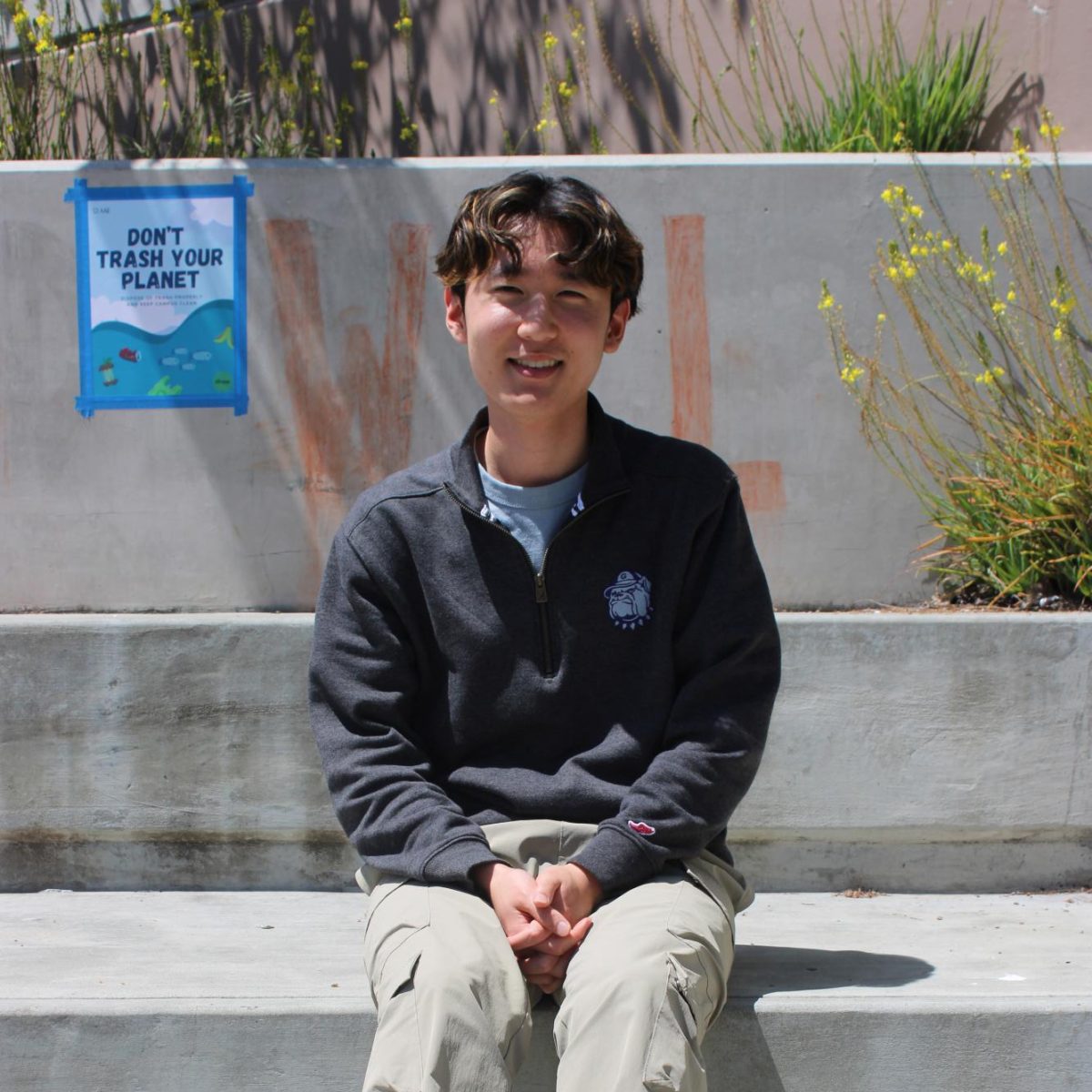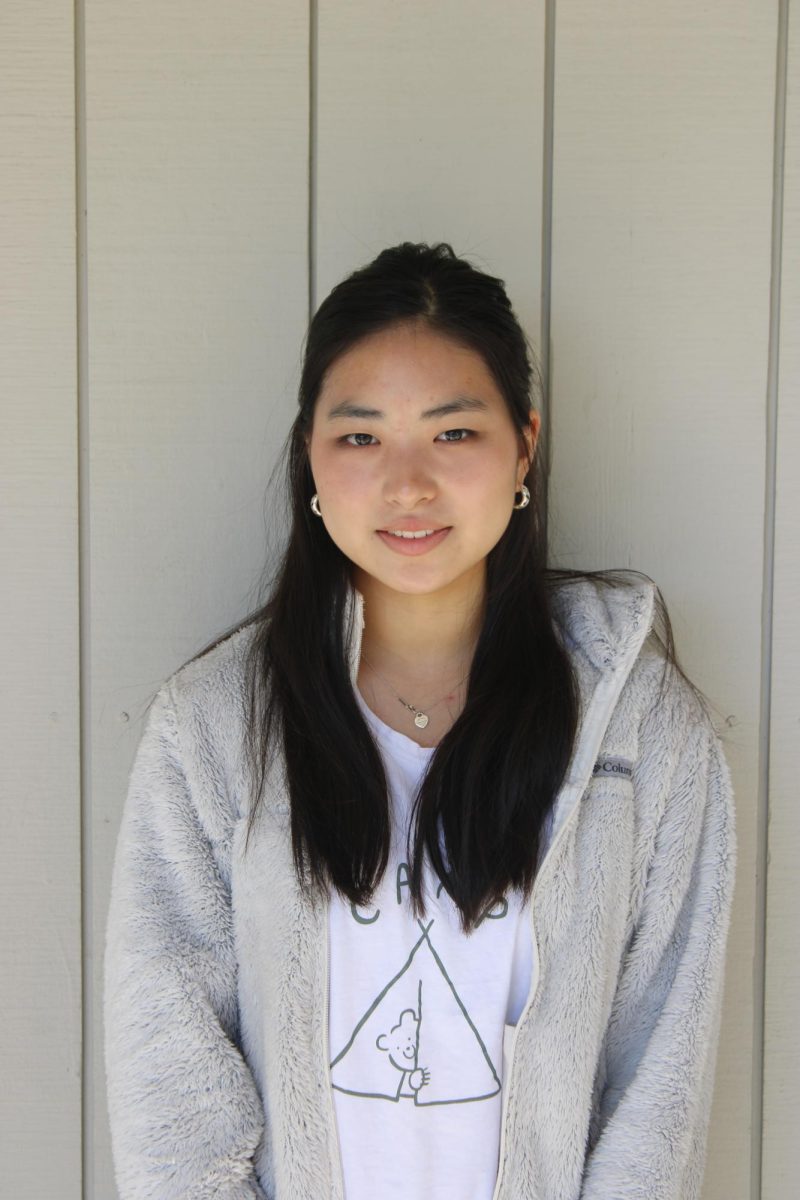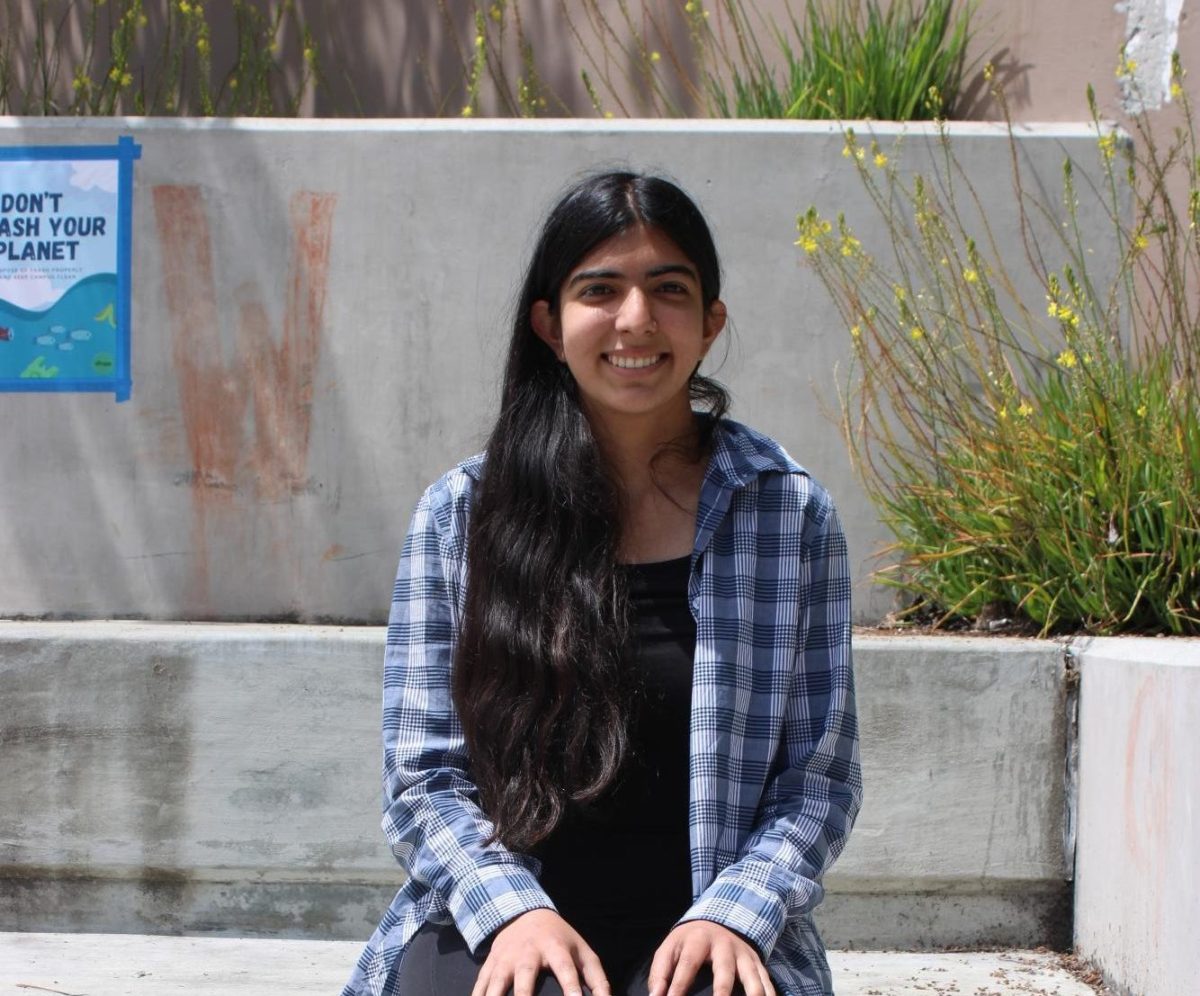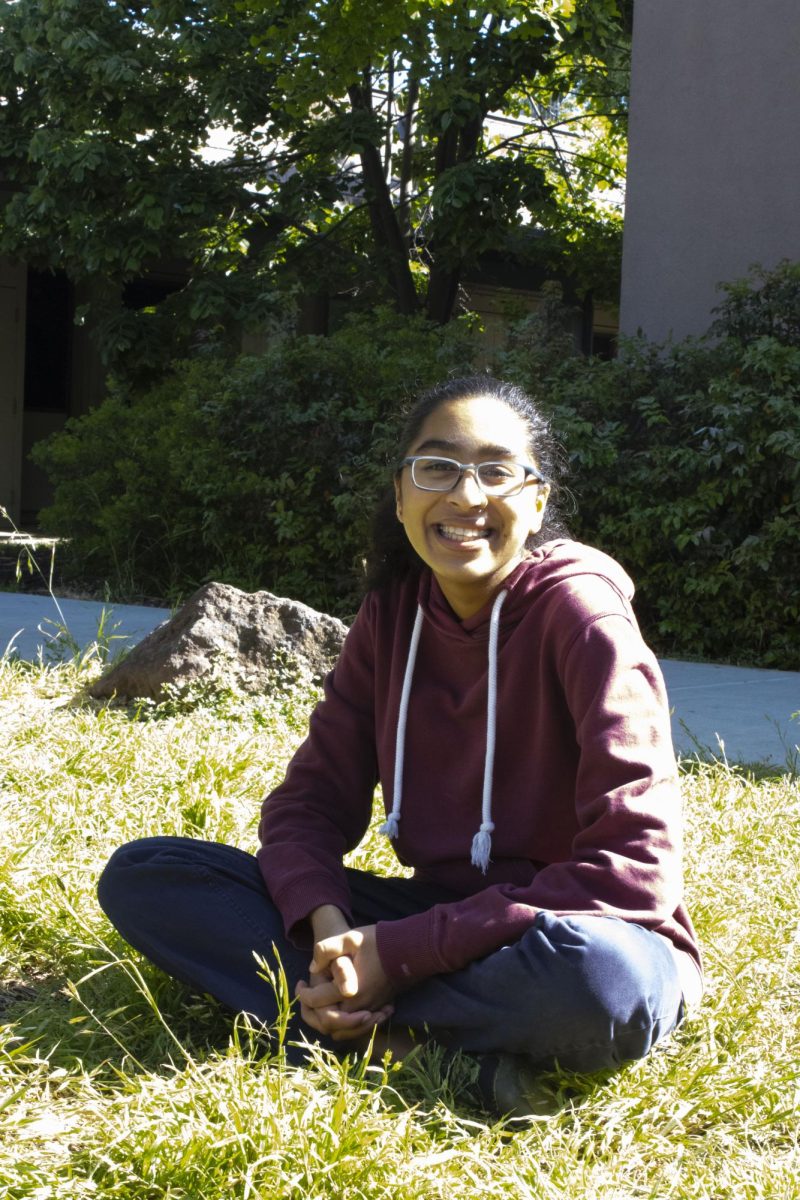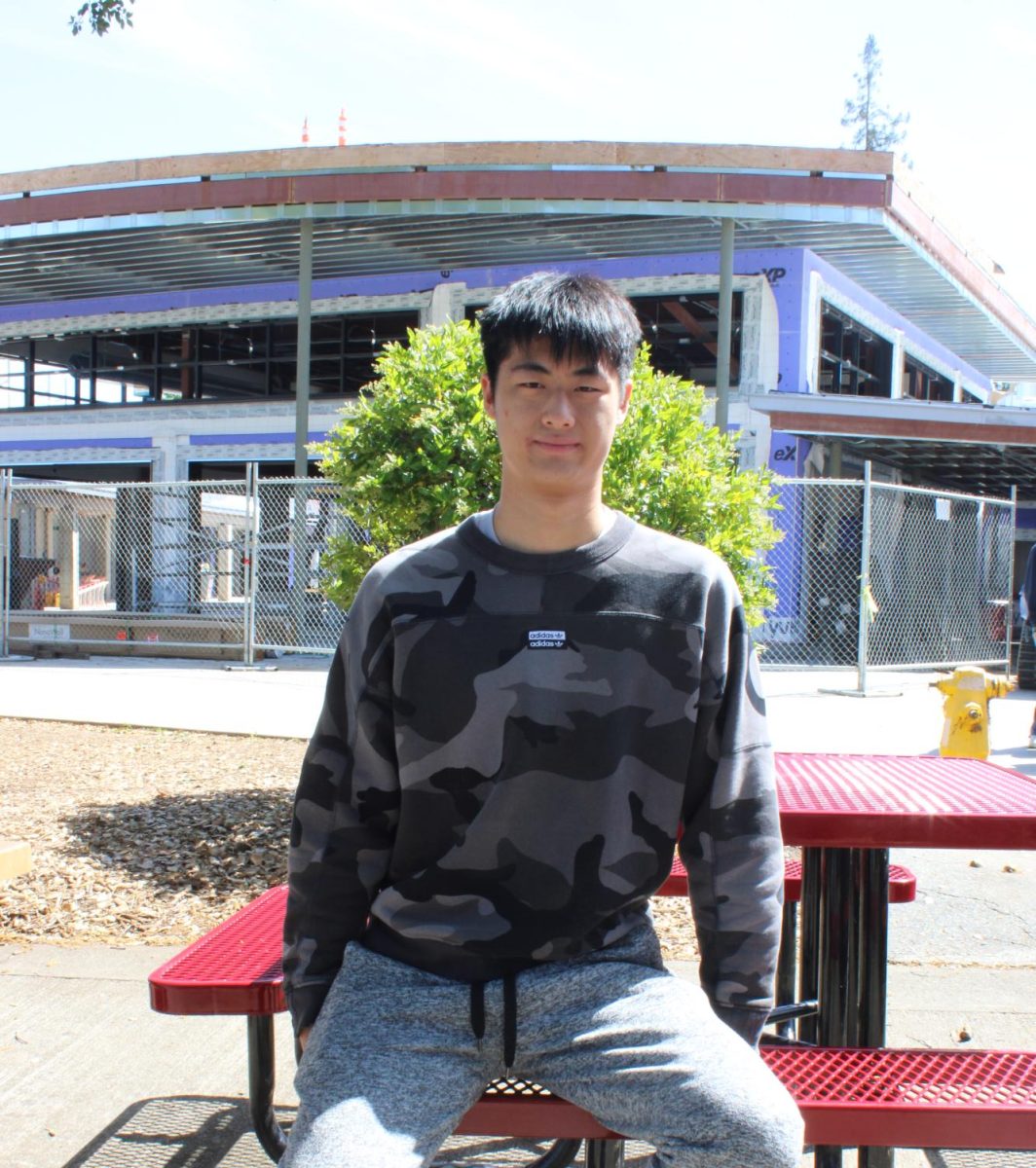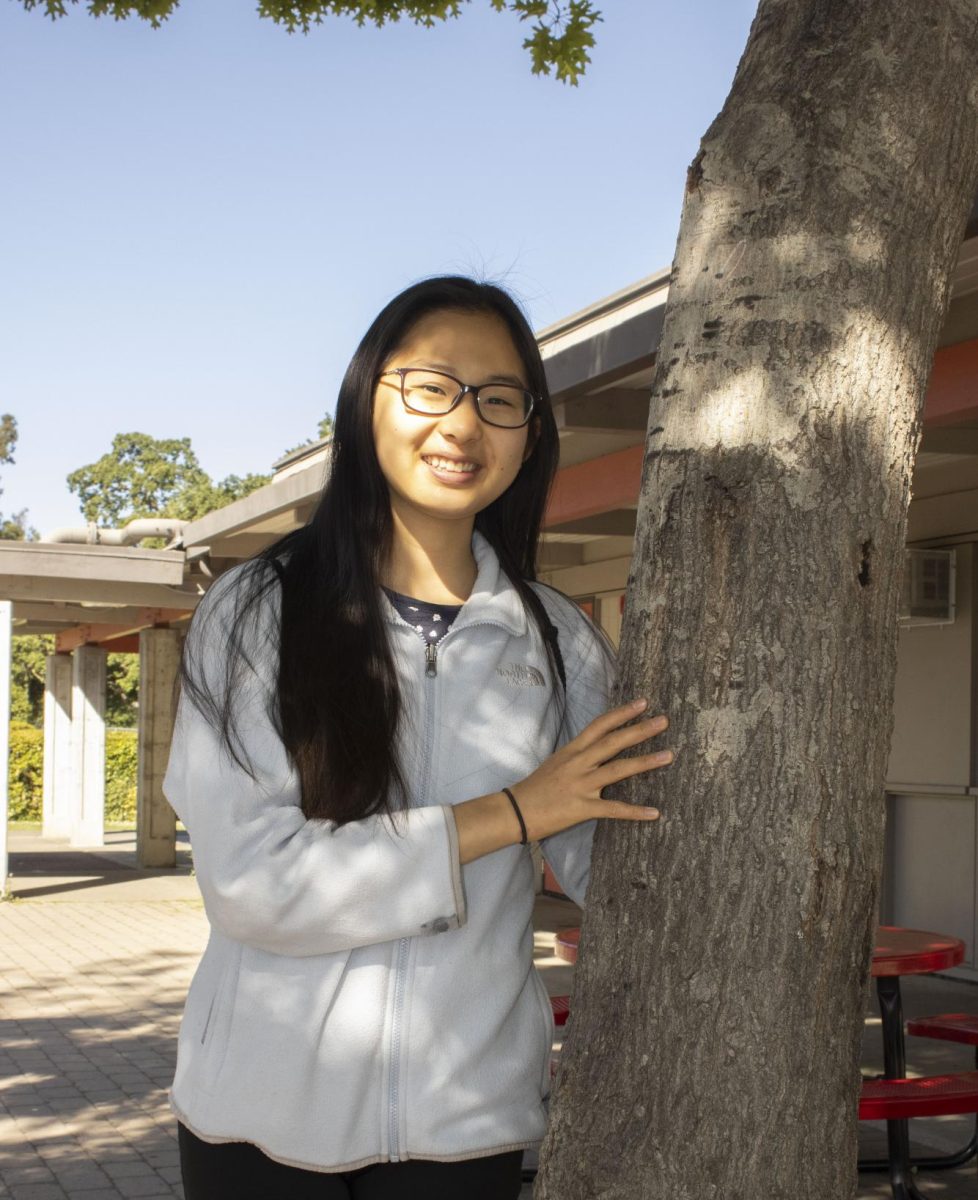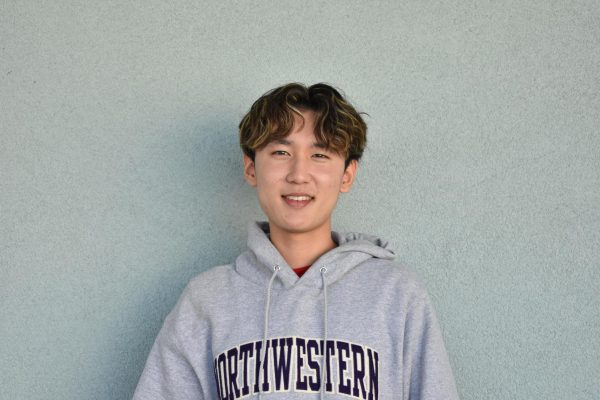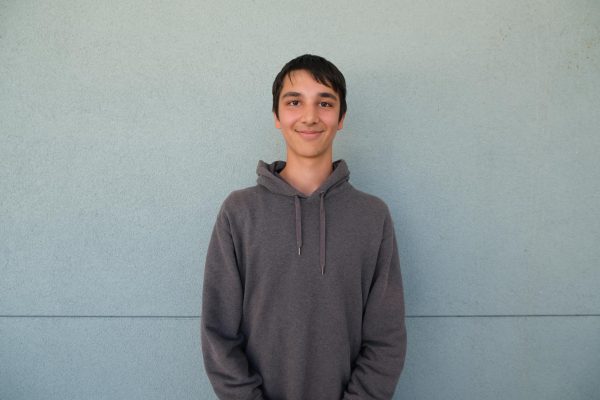Sixty-five percent of Americans believe they are above average in intelligence, according to a 2018 National Institute of Health paper led by researcher Patrick Heck. While this manifestation of our self-assuredness is amusing, the statistic contains more than an ounce of truth. No one — especially at Gunn — enjoys viewing themselves as below average or even just “average,” so we shower ourselves with praise, convinced that we’ve reached the summit while everyone else is still climbing the mountain.
As much as I would love to say that I had a profound reckoning early on, I didn’t. Instead, I took so much pride in my own accomplishments — even trivial ones. But while skipping class to cram for same-day APUSH quizzes and physics tests, I found myself thinking about the people whose work ethics I could only dream of. Whenever I snooped through The Oracle’s section folders after fnal drafts were due, fellow staffers’ perfect, succinct prose gave me chills of satisfaction. And when I was stressed, friends with overflowing empathy, thoughtfulness and understanding — which I don’t know if I’ll ever fully achieve — met me where I was.
Funnily enough, despite my initial effort to excel beyond others, I’ve felt more and more “average” the longer I’ve been at Gunn. But this feeling of mediocrity hasn’t left me mired in self-pity. Instead, by devoting less of my energy toward making myself the king of the mountain, I’ve come to recognize the profound impact of others’ presence on me and how much more I can learn from their intelligence, generosity and resilience.
To be clear, this journey was something that I essentially stumbled into. As a freshman who took Beginning Journalism because I thought it was broadcast (sorry, KGB), I defnitely did not know I’d be writing this refection in the school newspaper four years later. But here I am as an 18 year old on the cusp of adulthood, excited to continue meeting people that empower me to grow during the next stage of life: college.
Ultimately, “average” — in the context of life and growth — is relative. Even if you could somehow measure the exact average of everyone’s intelligence or other desired quality at a certain instant in time, that average changes the very next second.
As humans, we’re meant to evolve and be fluid. Thus, delineating those above average and those below ends up being little more than a futile attempt to feed our egos — especially at a school community that has so much more to offer.
You’re the average of the five people you spend the most time with (or at least, that’s what motivational speaker Jim Rohn thinks). Make those fve people really count, and see how they can help you continue climbing to new peaks and become the best version of yourself. At the same time, see how you can be a role model for others. When we’re simultaneously learning from those we deem “above average” and being that exemplar for others, maybe 65% of us can be “above average” after all.



